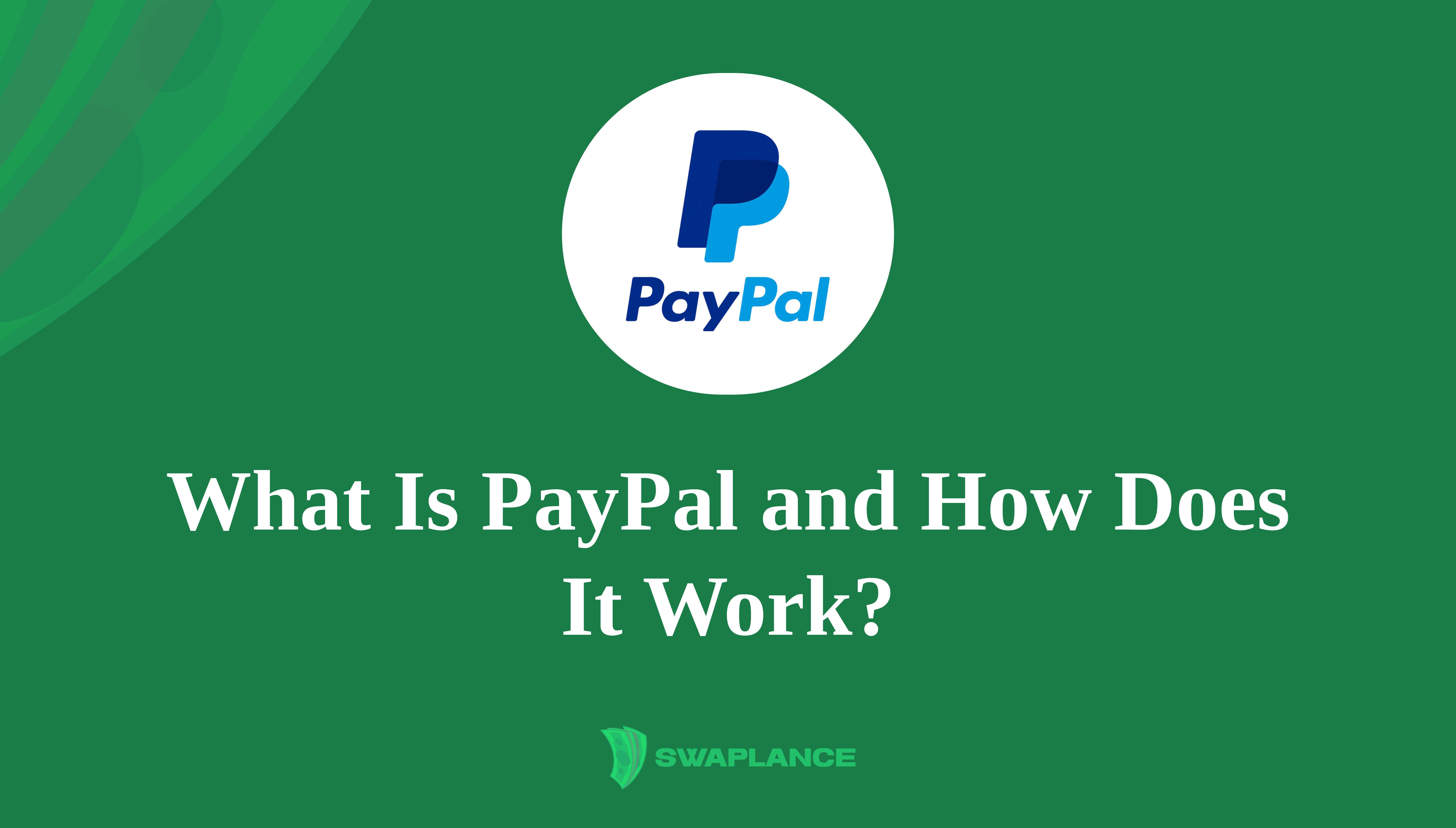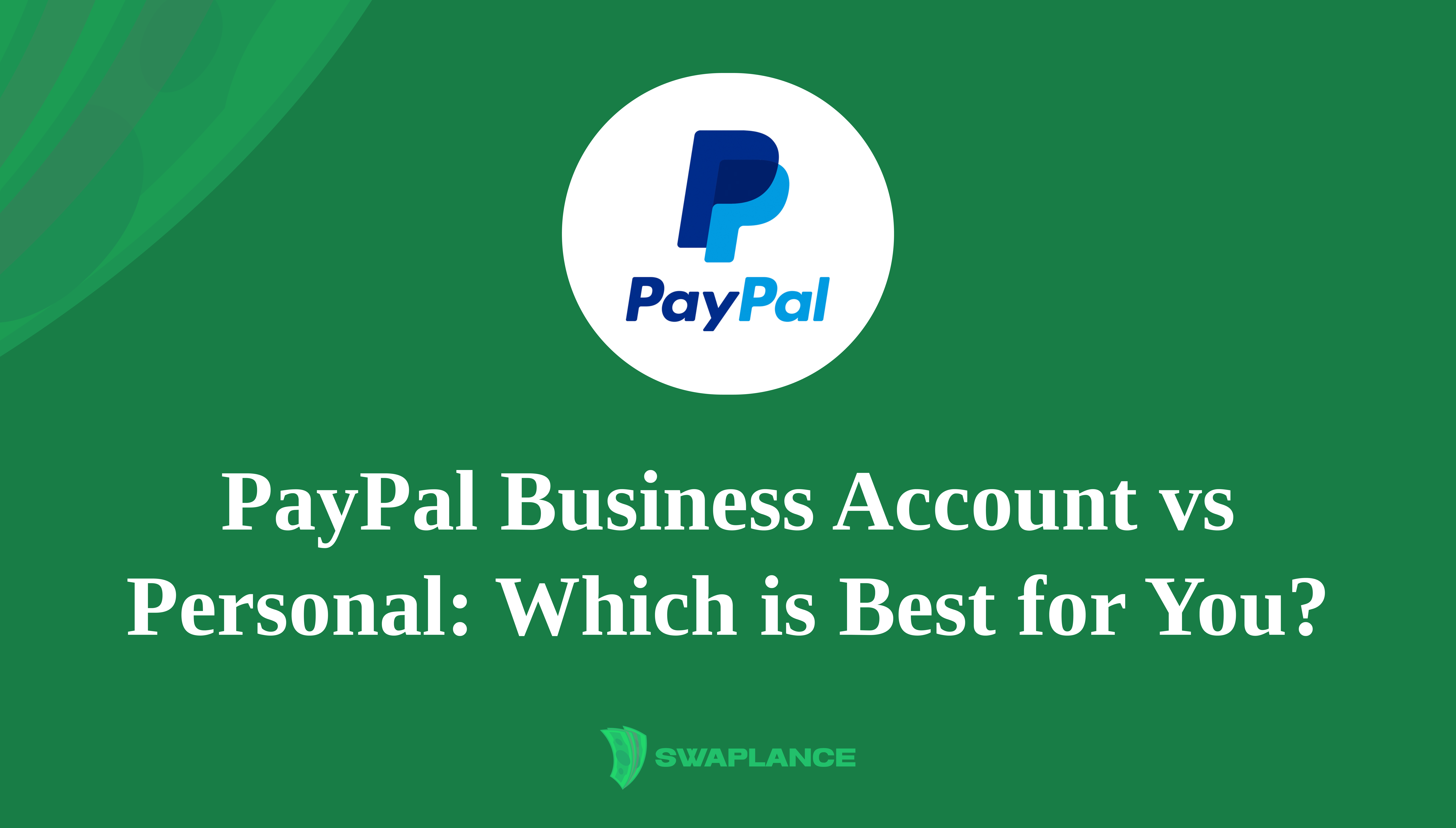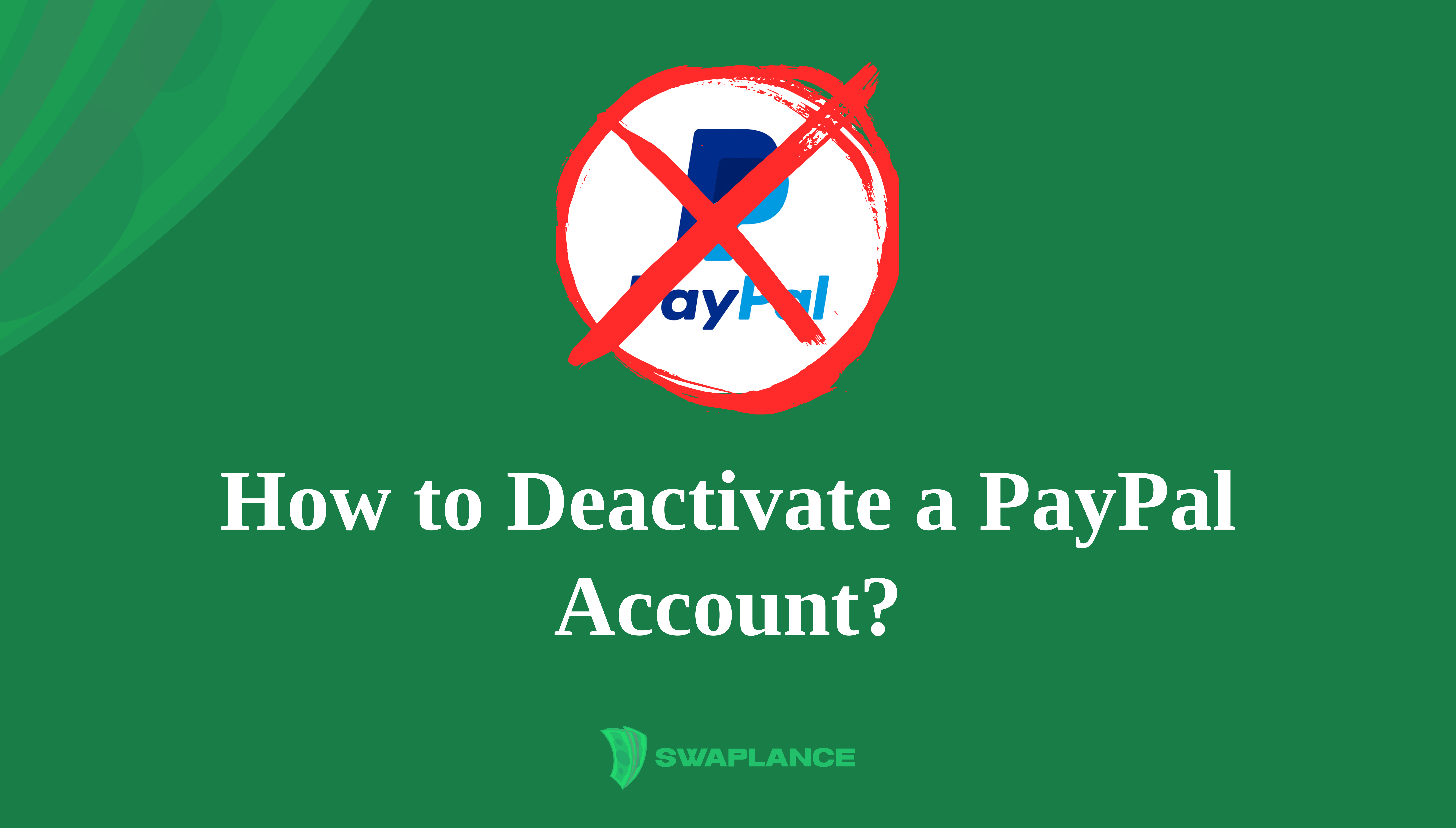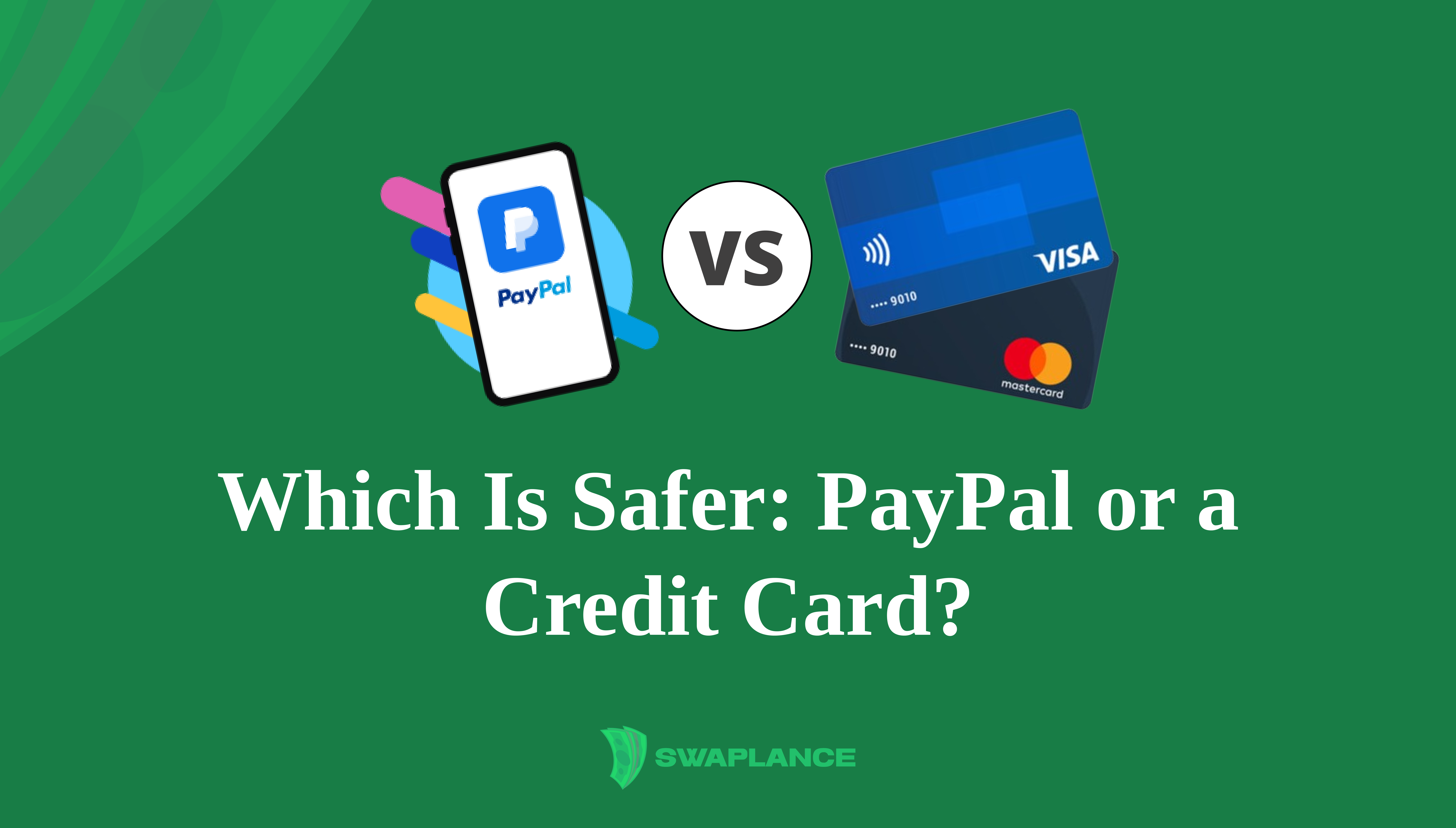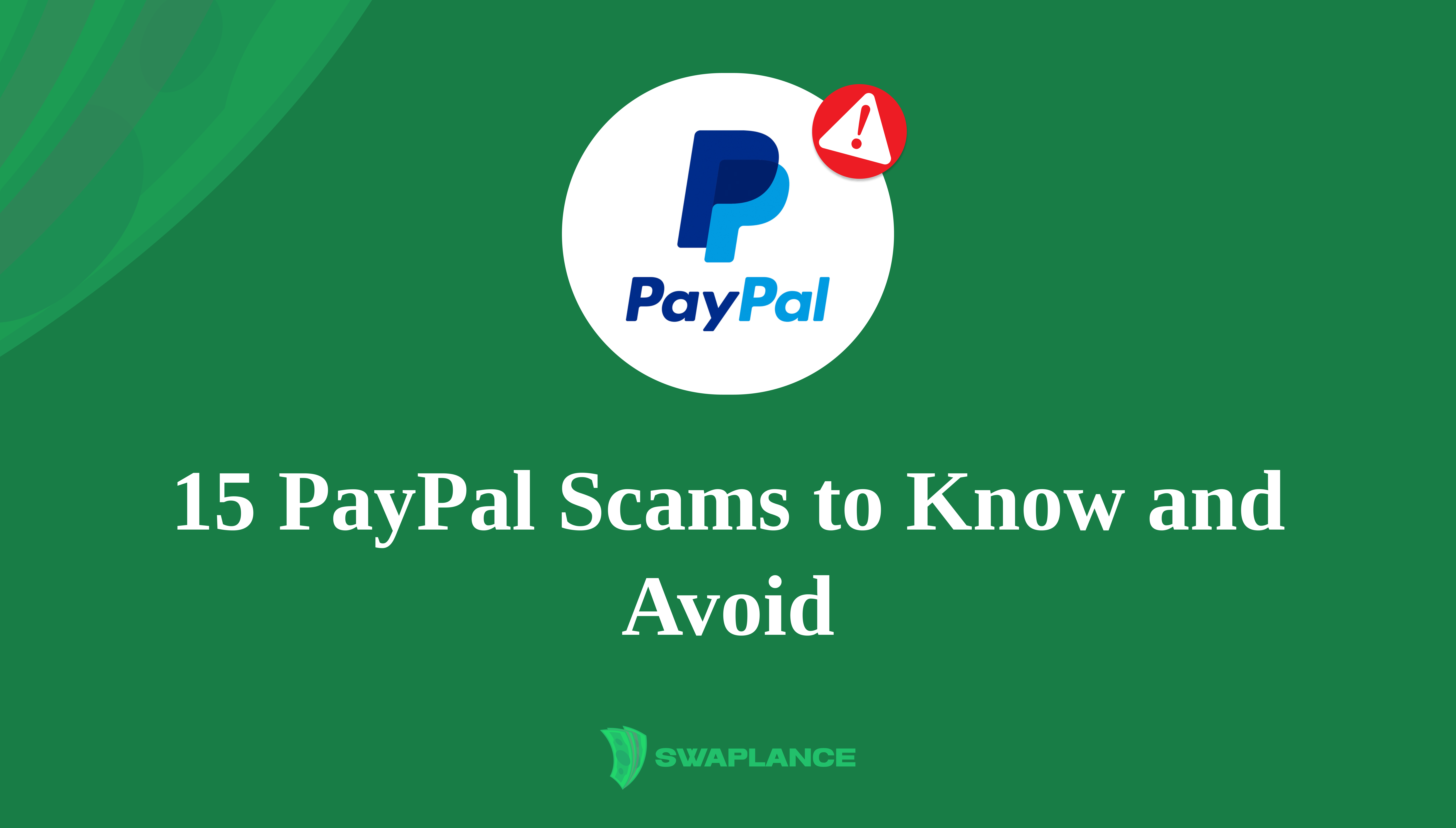
15 PayPal scams to know and avoid
PayPal is a widely used online payment system known for its convenience and security. However, its popularity also makes it a prime target for scammers. Understanding the different types of PayPal scams can help you stay safe and protect your financial information. Here are 15 PayPal scams you should know and avoid.
№1. Phishing Scams
Phishing scams or phishing emails are one of the most common types of scams. Scammers send fake emails that appear to be from scammers' PayPal, asking you to verify your account information or click on a link to resolve an issue. These emails often contain links to fake websites that steal your login credentials.
How to Avoid: Always verify the sender's email address and look for signs of phishing, such as poor grammar or urgent language. Never click on links in unsolicited emails. Instead, go directly to the PayPal website and log in to your account.
№2. Fake Payment Confirmation Emails
Be cautious of PayPal scams sending money requests from unknown contacts, as they may be attempts to steal your funds. Scammers send text messages claiming that you have received a payment through PayPal. These texts often include a link to view the payment, which leads to a fake login page.
How to Avoid: Verify payments by logging in to your PayPal account through the official website. Do not click on links in unsolicited text messages.
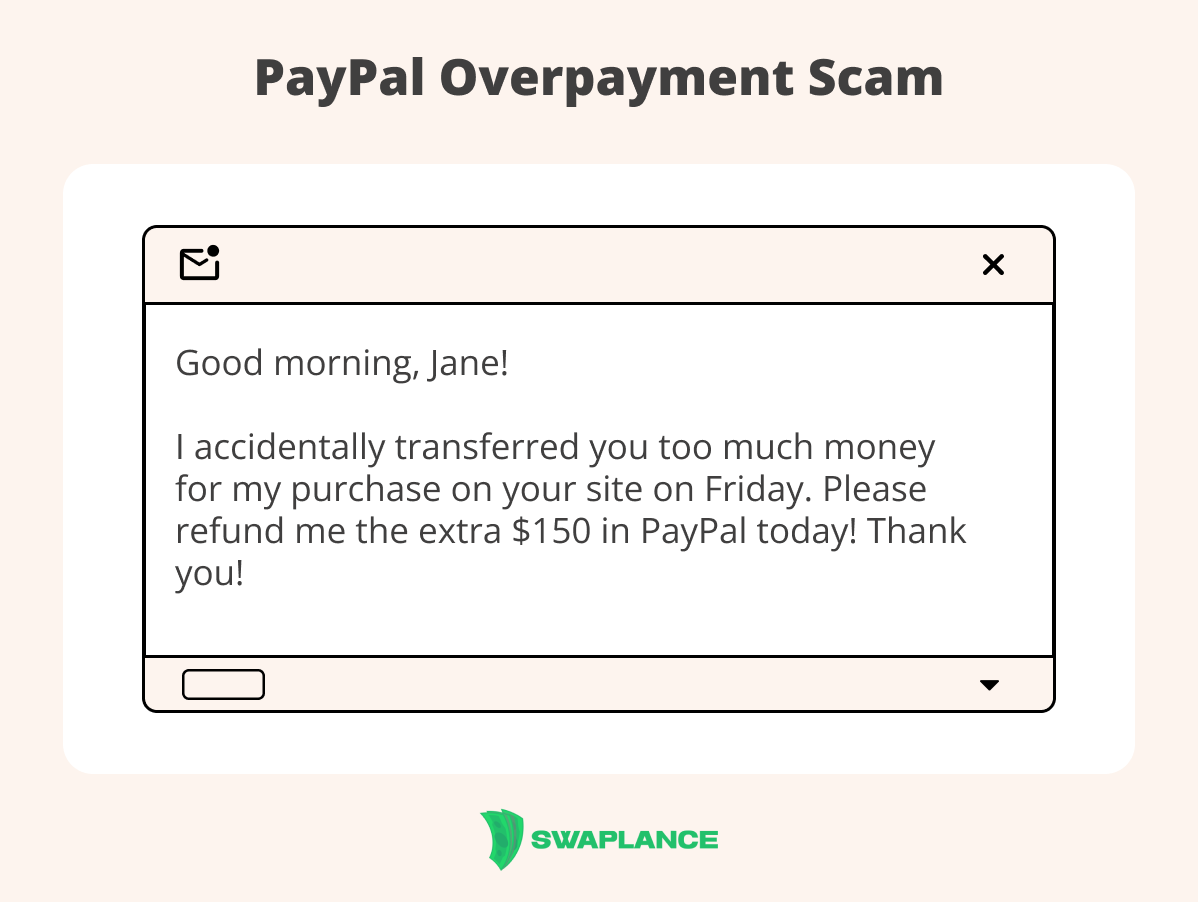
№3. Overpayment Scams
PayPal money scams often involve fraudulent emails or messages attempting to trick users into providing personal information or making unauthorized transactions. In an overpayment scam, a scammer sends you more money than the agreed price for an item and then asks you to refund the difference. They usually use stolen credit cards or hacked PayPal accounts, and once the original transaction is reversed, you're left out of pocket.
How to Avoid: Only accept the exact amount for transactions. If someone overpays, refund the entire amount and request the correct payment.
№4. Advance Fee Scams
In advance fee or so-called PayPal deposit scams, scammers promise you a large sum of money or a valuable item in exchange for a small upfront fee. They may claim you’ve won a prize, inherited money, or are entitled to a large payout.
How to Avoid: Be sceptical of any offer that sounds too good to be accurate and requires an upfront fee. Legitimate offers do not require payment to receive a prize or inheritance.
№5. Fake Charities
Scammers exploit people's generosity by creating fake charity donation requests. They send emails or messages asking for donations to a charitable cause, but the funds go directly to the scammer.
How to Avoid: Beware of PayPal scams sending money to fake charities. Scammers often exploit people's generosity during crises to steal funds. Verify the legitimacy of the charity by researching it independently. Use trusted platforms to donate, and avoid making donations through unsolicited emails or messages.
№6. “Accidental” Payments
“Accidental” payments are fraudulent transactions where scammers send money to your PayPal account and then claim it was a mistake, asking for a refund.
How to Avoid: Always verify the sender's identity and the transaction's legitimacy before issuing any refunds. Contact PayPal's customer support for guidance if you suspect any fraudulent activity.
№7. Invoice and Billing Scams
Scammers send emails or messages claiming that you have made a purchase and asking you to log in to PayPal to cancel or review the transaction. The links lead to fake PayPal login pages designed to steal your credentials.
How to Avoid: Do not click on links in unsolicited messages. Log in to your PayPal account through the official website to review and manage your transactions. Understanding how PayPal scams work can help you avoid falling into their trap.

№8. Fake PayPal Websites
Scammers' PayPal websites are fraudulent sites designed to mimic the official PayPal login page. They trick users into entering their login credentials, which the scammers then steal.
How to Avoid: Always check the website's URL for authenticity, ensure it starts with “https://”, and access PayPal directly through its official site or a trusted app. Additionally, enable two-factor authentication for an extra layer of security.
№9. Shipping Address Change Scams
How do these PayPal scams work? Shipping address change scams typically involve fraudsters intercepting legitimate shipments by changing the delivery address.
How to Avoid: Always verify any unexpected requests to change shipping addresses directly with the seller via trusted contact information. Use secure payment methods offering buyer protection, and monitor your online accounts for suspicious activity.
№10. Tech Support Scams
In PayPal customer service scams scammers set up fake PayPal tech support websites or phone lines. When you search for PayPal technical support, you might end up contacting these fake services, where scammers will try to get your login information or payment details.
How to Avoid: Use only the official PayPal website and tech support contact information. Verify phone numbers and website URLs before providing any information.
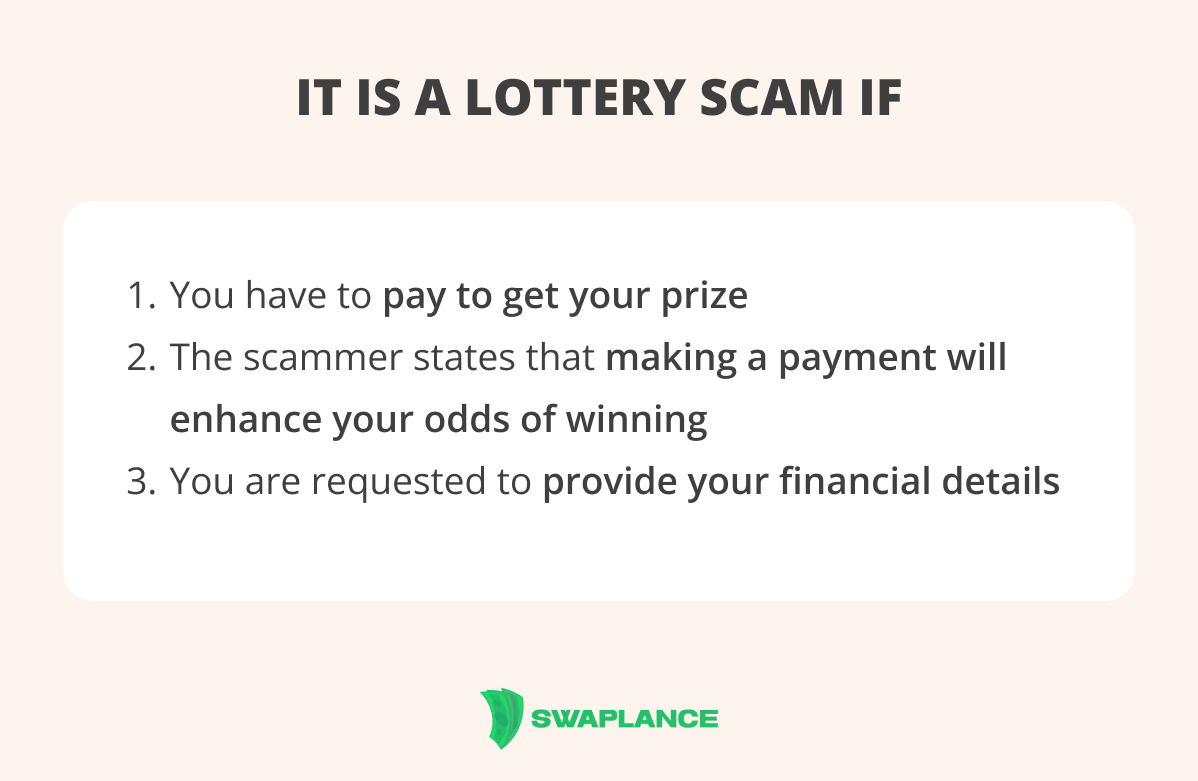
№11. Prize or Lottery Scams
Prize or lottery are PayPal money scams that involve fraudulent schemes in which individuals are misled into believing they've won a prize or lottery. These scams often require upfront payments or personal information to claim the supposed winnings.
How to Avoid: be sceptical of unsolicited communications claiming you've won something, especially if you have yet to enter any contests. Legitimate lotteries and prizes do not require upfront fees, and reputable organizations will not ask for sensitive information like bank details over insecure channels.
№12. Employment Scams
You also can get scammed with PayPal when scammers post fake job listings or send emails offering high-paying work-from-home opportunities. They may ask you to use your PayPal account to receive and transfer funds as part of the job, which is often a money laundering scheme.
How to Avoid: Research the company and job offer thoroughly before accepting any position. Be cautious of jobs that require you to use your bank or PayPal account for transactions.
№13. Subscription Renewal Scams
Subscription renewal scams occur when individuals receive misleading notices prompting them to renew subscriptions, often at inflated prices or for services they don't use. PayPal scams involving sending money for subscription renewal usually trick users into believing they're renewing legitimate services, only to find out they've been deceived into sending funds to fraudsters.
How to Avoid: Carefully review all renewal notices for legitimacy, especially if they request immediate action or provide unfamiliar payment instructions. It's best to manage subscriptions directly through official websites or customer service channels rather than clicking on links or responding to emails with uncertain origins.
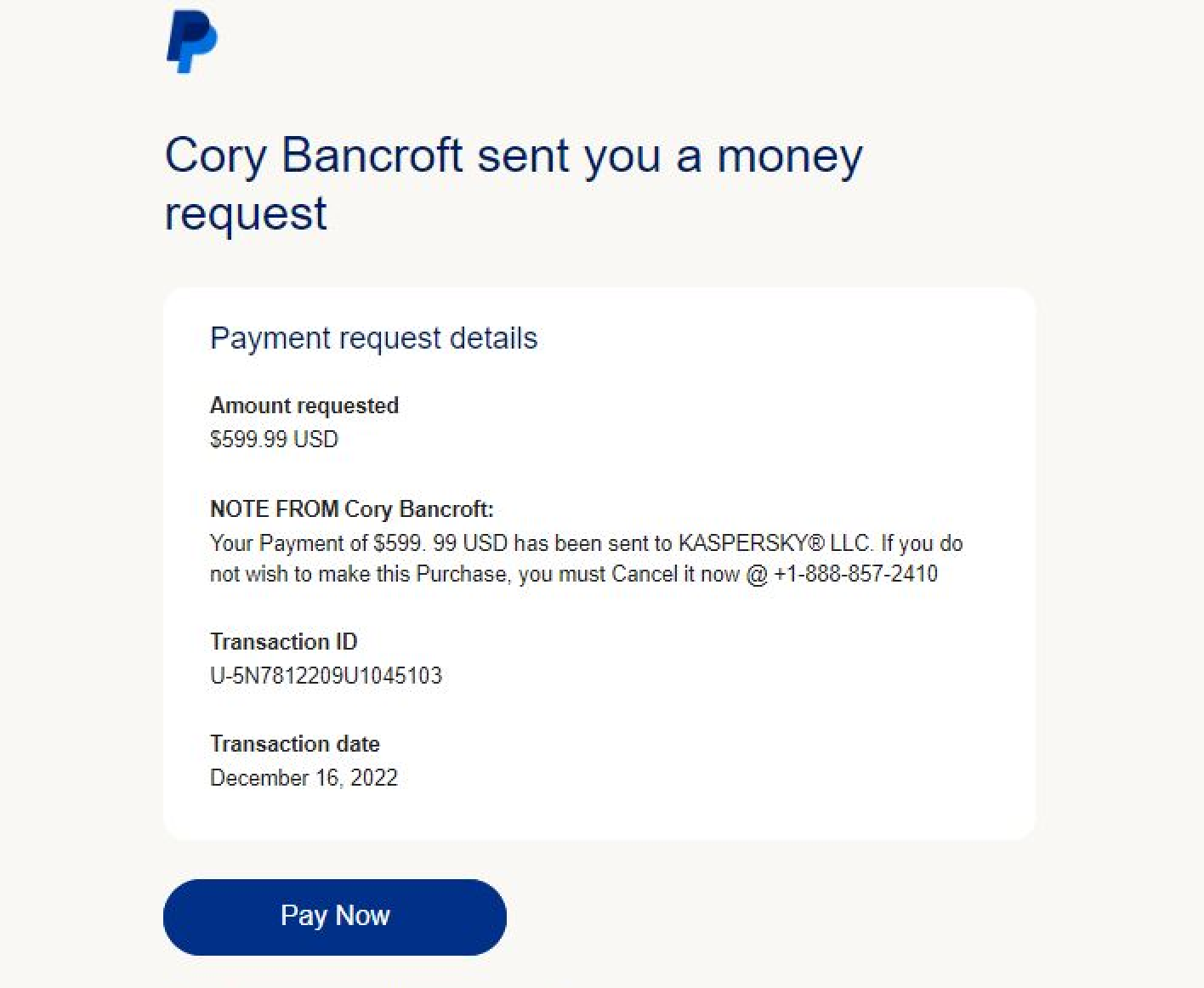
№14. Unauthorized Account Access
PayPal money scams related to unauthorized account access exploit vulnerabilities to trick users into unknowingly providing their login credentials, leading to unauthorized transactions and compromised accounts. Unauthorized account access occurs when someone gains illicit entry into your accounts, often to steal personal information or money.
How to Avoid: Use strong, unique passwords for each account, enable two-factor authentication where possible, regularly monitor account activity for unusual transactions, and be cautious of phishing attempts or suspicious links in emails and messages.
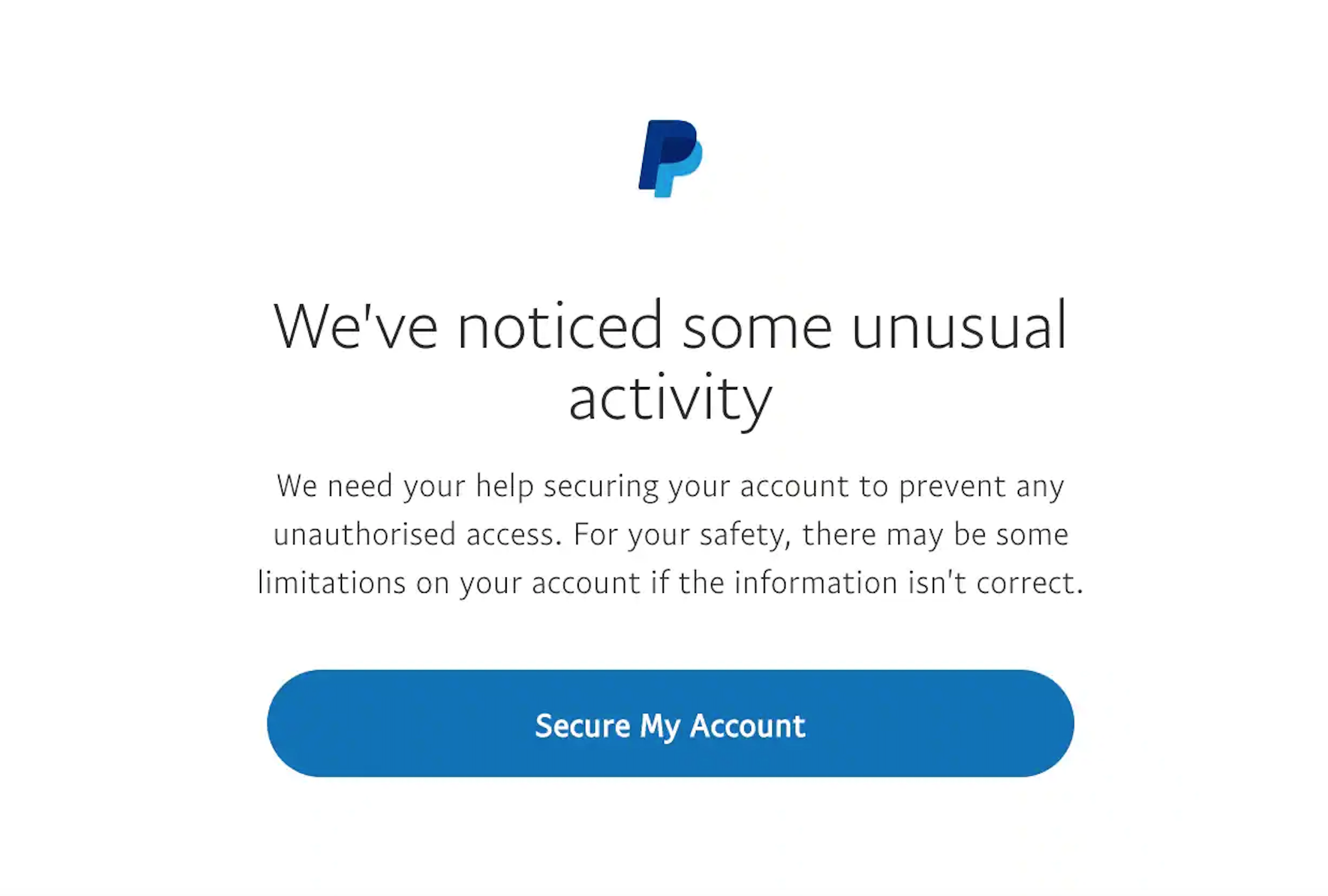
№15. Fake Refunds
A scammer sent me money on PayPal as part of a fake refund scheme, hoping to trick me into providing personal information or sending money back. What should I do when scammers send fraudulent notifications claiming to issue refunds for nonexistent transactions, aiming to steal personal information or funds?
How to Avoid: Always verify refund notifications directly through your PayPal account or official communications channels, and never click on links or provide sensitive information in response to unexpected refund requests.
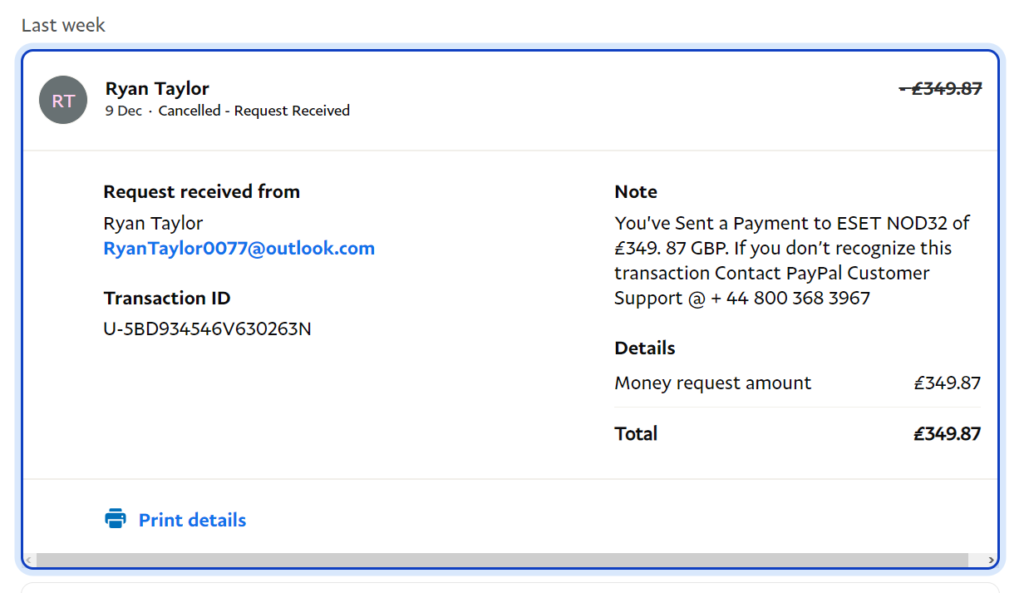
Conclusion
Staying informed about the various PayPal scams can help you avoid falling victim to them. Always be cautious when receiving unsolicited emails, messages, or payment requests. Verify the legitimacy of any communication or transaction by logging in to your PayPal account directly through the official website. By taking these precautions, you can protect your financial information and enjoy the convenience of using PayPal securely, and specialists from the Swaplance platform are always available to help you avoid all the pitfalls of fraud.
By understanding these common PayPal scams, you can better protect yourself and ensure your online transactions are safe. Always stay vigilant and follow best practices to avoid becoming a victim of fraud.
Common questions
-
What are some common PayPal scams to be aware of?There are several common PayPal scams to be aware of. One involves fake emails or messages claiming issues with your account or transactions, prompting you to click on links that lead to phishing websites. Another scam includes receiving fake invoices or overpayments for goods or services, with scammers hoping you'll refund the excess amount before realizing the initial payment was fraudulent. Additionally, there are schemes where scammers send fake PayPal emails confirming payments or refunds, attempting to trick you into providing personal information or sending money back. Always verify transactions through your PayPal account, and be cautious of unexpected or suspicious communications.
-
How can I identify a phishing email claiming to be from PayPal?To identify a phishing email claiming to be from PayPal, look for signs such as generic greetings, spelling or grammatical errors, urgent language pressuring you to take immediate action, and suspicious links or attachments. Legitimate PayPal emails typically address you by your full name, use proper grammar and punctuation, and provide specific information about your account or recent transactions without asking for sensitive information directly through email. Always hover over links (without clicking) to verify the URL matches PayPal's official domain (paypal.com), and if in doubt, log into your PayPal account directly through the official website instead of clicking links in the email.
-
What should I do if I think I have encountered a PayPal scam?If you suspect you've encountered a PayPal scam, it's important to act quickly to protect your account and personal information. First, do not respond to the suspicious message or click on any links or attachments. Instead, log into your PayPal account directly through the official website (paypal.com) using a secure browser and check your recent transactions and account settings for any unauthorized activity. Report the suspicious email or message to PayPal by forwarding it to their official spoof address ([email protected]) and then delete it from your inbox. Finally, consider changing your PayPal password and enabling two-factor authentication for added security.
 Mark Petrenko
Mark Petrenko 